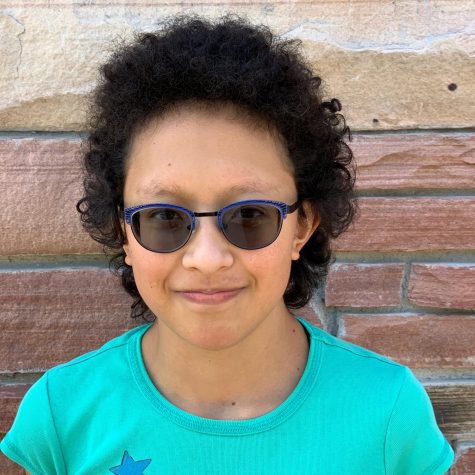Students with Learning Disabilities v. High School
A fight between teachers, peers, bullies, classwork and community
When you see a fellow student struggling with something you consider easy, how do you react? Mock them? Help them? Not do anything? Consider how you, your normal day-to-day student, would react to the situation. If you believe mocking is the course of action, then test it out on yourself, put yourself in their shoes. Seriously! Do it! If you think about it and truly put yourself in their shoes, you will understand that it hurts. If you decide to help them, consider how they may have reacted to help before. How did they react/not react when given help by someone other than a teacher? Some feel as though asking for help will make them a target for bullies, or that it will provoke questioning since they may have conflicting emotions towards their disability. On the other hand, not doing anything about that struggle might be the worst thing to do. In fact, keeping your silence may be even worse than the mocking, because they feel judged. How do I know this? Read on to find out.
I interviewed three disabled students (who wished to remain anonymous) about this age-old problem of bullying and whether or not they were worried about being bullied. All of them replied “no” but for various reasons. One stated that they only told their teachers of their disabilities (most likely to free themselves from the potential of an insult or harassment), another said that they weren’t at all different from their peers other than their reading skills (the student deals with dyslexia), and the last stated that they “don’t mind what others are saying.” I myself, as a disabled student, believe that bullies, as it is often put, should; “pick on someone their own size.”
When I was five years old, I was diagnosed with Autism Spectrum and ADD (Attention Deficit Disorder). A fellow student believes that they have ADD/ADHD (Attention Deficit Hyperactivity Disorder). Another has dyslexia and ADHD, and the last student guessed they had Autism. Along with these diagnoses, I’m guessing that there is a truckload of paperwork on each student’s disorder, as is the case with most medical things.
Then there are the accommodations, students get from teachers which, in my opinion, can make you feel like a little kid. Extended time on assignments and quiet testing space, coupled with using notes on a test and schedule and homework check-ins may seem quite luxurious to you, but to us, it’s a constant reminder that we need help all the time, a reminder of how we’re…I don’t know how to describe it… disabled.
Speaking of disabilities, you can’t just claim you have one and BOOM easy schoolwork; it’s really complicated. I mean super complicated. It requires a kid to have real disabilities and not be able to do a single thing unless helped. NOT ONE! Sure you may think “What in the world is she talking about?”, but kids with IEPs understand. (Not the ones with falsified IEPs unfortunately.) We have known the pain for our whole lives, up until now and maybe the rest of it. Apologies for the stark and gloomy words.
On the bright side, the students I questioned like high school activities such as common lunch (“because I can do homework and other assignments”), how they can “help others in many ways,” and how the teachers are nice and caring towards them. For me, it’s all about the disability-friendly community compared to the community at large. This community includes teachers, peers, and other disabled people. Two out of the three interviewed students were willing to open up to the disabled community about their struggles, and they believe this may help them open up to the rest of the community.
So, help, tutor, stand up and support that one struggling student who’s struggling in a subject. Then, maybe, like a small, seemingly insignificant mouse from a certain fable, (The Lion and the Mouse for those who do not know or remember this fable) the disabled student will help you in your time of need.

Audrey Maloney is a sophomore at Boulder High School. She has been an avid participant in newspaper since elementary school, in which she was the co-editor of her school’s paper. She hopes to become a screen-writer in the future and is continuing journalism as a staff writer on The Owl to gain experience and to broaden her writing style. This year, she aspires to run the “ask” column and develop bonds with the other staff writers. In her free time, Audrey enjoys watching YouTube videos and playing Baby Hazel games. She is currently writing a TV show script about five girls at summer camp who get into mythical trouble. The script, while not based in reality, deals with real-world problems...

